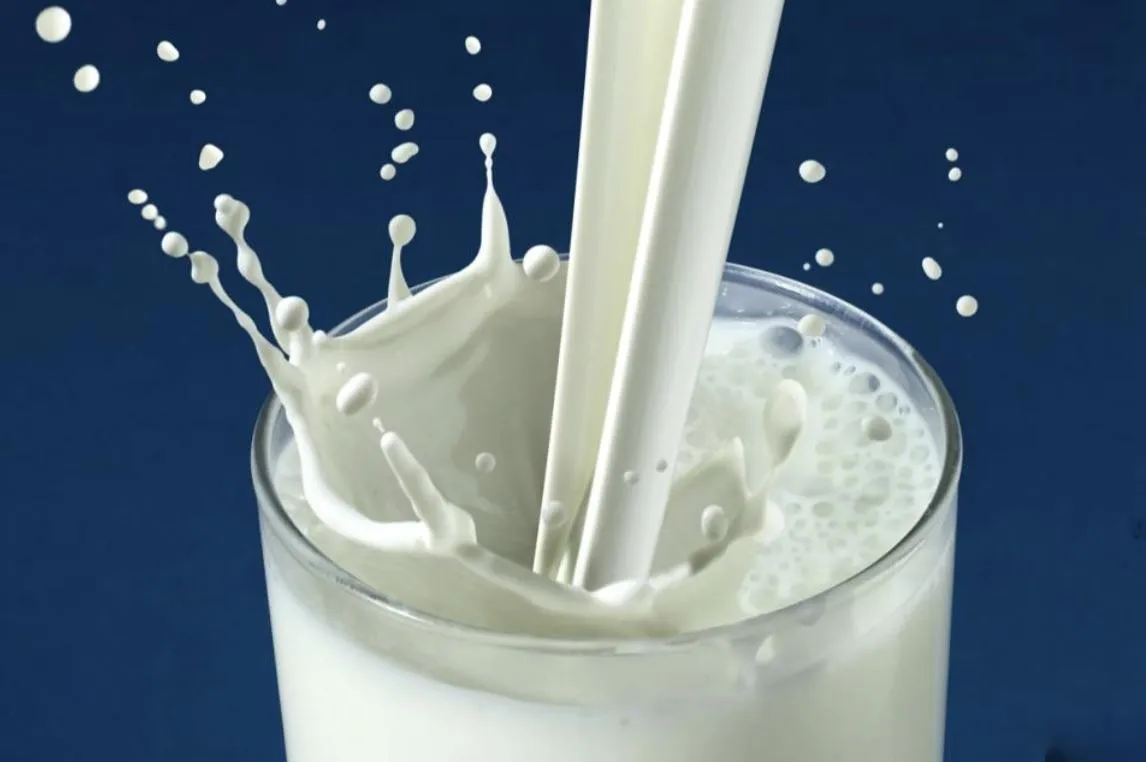
We Don't Need To Fear The Fat OR Lactose In Milk!
Low-fat and fat-free milk were touted for decades as the “heart-healthy” choice, thanks to concerns about saturated fat.
The American Heart Association still advises keeping saturated fat below 6% of daily calories—about 13 grams for most adults—and a cup of whole milk has about 5 grams.
Newer research suggests the story isn’t so simple.
Large-scale studies have linked dairy consumption to modest reductions in cardiovascular disease and stroke risk. A 2025 analysis a 4% lower risk of heart disease and a 6% lower risk of stroke for dairy consumers.
A 2020 review found no harmful effects from full-fat dairy on heart disease, type 2 diabetes, or insulin resistance—in some cases, even possible protection. While some studies have industry ties, independent research has found similar patterns.
Why might dairy fats behave differently?
Saturated fats from dairy seem to have a more neutral—or even beneficial!—effect compared to those from processed meats or tropical oils.
Fermented dairy products like yogurt and cheese may also boost gut health and help reduce inflammation.
If you're lactose intolerant...
Lactose-free milk offers the same nutrients as regular milk, without the digestive issues.
One increasingly popular option is ultra-filtered milk.
Ultra-filtered milk is regular dairy that’s passed through a pressurized filtration system to remove some water, minerals, lactose, and water-soluble vitamins, concentrating the protein, calcium, and fat-soluble vitamins.
The benefits? Depending on the brand:
🥛 13–18 grams of protein and 380–500 milligrams of calcium per cup, compared to traditional milk’s 8 grams and 300 milligrams. Milk protein makes it not safe for those with dairy allergy.
🥛 Less sugar (6-9 grams compared to 12 grams per cup)
🥛 It's virtually lactose-free. Manufacturers add lactase to remove any trace amounts. Without that added enzyme,small amounts of lactose could remain, so look for the official lactose-free label if you’re concerned.
🥛 It lasts forever. Well, it seems like forever. I bought Fairlife milk at Thanksgiving last year. The expiration date was in January!
Ultra-filtered milk is more expensive. A 52-ounce container of 2% Fairlife sells for $4.48 at Walmart. A half gallon, 64 ounces, of its store brand regular 2% milk sells for $2.16.
What about plant-based milks?
Soy milk is the exception — nutritionally closest to cow’s milk, with ~7 g protein per cup.
Almond, oat, rice, coconut, and cashew milks usually have 0–2 g protein per cup and often rely on fortification for calcium/vitamin D.
Sugar varies: “original” or flavored versions can have 6–16 g added sugar per cup; unsweetened versions keep it close to zero.
Oat milk is often sweeter naturally because its starches break down into sugars during processing.
Nutrients like calcium, B12, and vitamin D aren’t naturally present in meaningful amounts-- they’re added.
If you're looking for protein, soy milk (or newer pea-based milks like Ripple) is your best bet.
Above all....
Please don't drink raw milk!